For many women, mental health feels like a moving target. There are seasons when life feels steady, emotions feel balanced, and challenges are manageable. Then, there are times when mood shifts, irritability, or sudden emotional weight feel overwhelming. One of the most overlooked contributors to these changes is the role of hormones. Hormonal changes influence nearly every aspect of women’s lives, from adolescence to older adulthood, yet conversations about how hormones shape mental health are often left out of care.
Understanding the connection between hormonal fluctuations and mental well-being allows women to gain clarity and compassion for themselves. It helps normalize experiences that may otherwise feel isolating or confusing. Mental health challenges during hormonal transitions are not a sign of weakness. They are a natural biological reality that can be supported with care, treatment, and education. At The Wave of Clearwater, we focus on helping women navigate these life transitions with dignity and personalized support, empowering them to find balance no matter what stage they are in.
Hormones and Mental Health: The Connection
Hormones are chemical messengers that influence how the body functions. For women, estrogen and progesterone play particularly powerful roles in shaping mental health. These hormones affect neurotransmitters like serotonin and dopamine, which regulate mood and emotions. When hormone levels shift, the brain’s chemistry also changes. This is why mood swings, anxiety, or depression often appear during key hormonal transitions such as puberty, pregnancy, and menopause.
It is important to note that the connection between hormones and mental health is not purely biological. Social, cultural, and lifestyle stressors can amplify the impact of hormonal changes. A woman navigating workplace stress, caregiving responsibilities, or relationship challenges may find hormonal shifts even more difficult to manage. Recognizing this interplay creates a more compassionate view of mental health, one that honors both biology and lived experience.
Puberty and Early Adolescence
The first major hormonal shift occurs during puberty. As estrogen and progesterone levels rise, teenage girls experience physical changes such as menstruation, breast development, and body composition shifts. Alongside these physical changes come emotional ones. Adolescents may notice increased mood swings, irritability, or sudden bouts of sadness. Puberty also marks a time of intense social comparison, pressure to fit in, and the stress of developing an identity. When hormones amplify these experiences, teenagers may struggle with anxiety, depression, or self-esteem concerns. Early intervention during this stage is crucial. Mental health support that validates what young women are experiencing can reduce the risk of long-term challenges. Parents, caregivers, and schools play an essential role in creating safe spaces where teens can express their emotions and feel supported.
The Menstrual Cycle and Monthly Changes
Even after puberty, hormonal fluctuations continue throughout a woman’s reproductive years. Estrogen and progesterone rise and fall each month, creating patterns that affect mood and energy. For some women, these shifts are mild and barely noticeable. For others, they can trigger significant challenges. Premenstrual Syndrome (PMS) and its more severe form, Premenstrual Dysphoric Disorder (PMDD), are conditions directly tied to hormonal changes before menstruation. PMS may cause irritability, sadness, fatigue, or heightened stress, while PMDD can lead to severe depression or anxiety. Women experiencing these symptoms may find it difficult to explain the intensity of their feelings to others. Recognizing PMS and PMDD as legitimate conditions tied to hormonal health validates women’s experiences and highlights the importance of professional support.
Pregnancy and Postpartum Mental Health
Pregnancy is one of the most dramatic periods of hormonal change. Estrogen and progesterone levels surge to support the development of the baby. While many women report feelings of joy or calm during pregnancy, others experience heightened anxiety, intrusive thoughts, or depressive symptoms. These emotional changes are not uncommon and should be taken seriously.
The postpartum period introduces another wave of hormonal shifts. After childbirth, estrogen and progesterone levels drop suddenly. This dramatic change often leads to what is known as the “baby blues,” a short-term period of sadness or emotional vulnerability. For some women, these feelings extend beyond a few weeks and develop into postpartum depression.
Postpartum depression is a serious mental health condition that requires professional care, and it highlights the strong relationship between hormones and emotional well-being.
Perimenopause and Menopause
In midlife, women experience perimenopause, the transitional phase before menopause. During this time, estrogen and progesterone levels fluctuate unpredictably. These changes can trigger mood swings, irritability, and difficulty concentrating. Many women describe this time as emotionally destabilizing, even when they have no prior history of mental health challenges.
Menopause itself, defined as twelve months without a menstrual cycle, brings a permanent decrease in estrogen and progesterone. Some women experience relief at this stage, while others continue to struggle with symptoms like depression, anxiety, or sleep disturbances. The unpredictability of perimenopause combined with the permanence of menopause underscores the need for comprehensive mental health care during midlife.
Hormonal Changes Across the Lifespan
Each hormonal stage influences mental health differently, yet they share common threads.
Women often report feeling misunderstood, dismissed, or judged during these times. Too often, society minimizes the impact of hormones, framing women as “emotional” or “overreacting.” In reality, these changes are deeply rooted in biology and deserve respect and treatment.
Hormonal changes do not mean women are destined for poor mental health. Instead, they highlight the importance of proactive care, open conversation, and supportive environments. Understanding the stages of hormonal change creates space for women to anticipate challenges, seek help early, and find strategies that allow them to thrive.
Treatment and Support for Hormonal Mental Health
Treatment for mental health challenges tied to hormonal changes is highly individualized. For some women, therapy provides the tools needed to manage emotional fluctuations. Cognitive Behavioral Therapy (CBT), Dialectical Behavior Therapy (DBT), and trauma-informed approaches can be highly effective. For others, medical support such as hormone replacement therapy or antidepressants may be appropriate.
Lifestyle adjustments also play a significant role. Regular exercise, balanced nutrition, and mindfulness practices can reduce the impact of hormonal shifts. Social support is equally critical. Women benefit from safe, understanding communities where they can share their experiences without judgment. At The Wave of Clearwater, we emphasize a holistic approach that honors the full scope of a woman’s mental, emotional, and physical needs.
The Importance of Women-Only Mental Health Care
A women-only environment creates a unique space for healing. Many women find it easier to talk about sensitive issues like hormonal changes in a setting where they feel understood and supported by peers with similar experiences. Women-only programs also allow providers to design treatments that directly address the unique challenges women face at each life stage.
At The Wave of Clearwater, our programs are specifically built for women. We create environments where conversations about hormonal changes, life transitions, and emotional challenges are normalized. This specialized focus ensures that women receive care that is both compassionate and effective.
Hormonal Changes and Women
Hormonal changes are a constant throughout a woman’s life. From adolescence to menopause, these shifts influence mental health in powerful ways. Recognizing the connection between hormones and emotional well-being allows women to view themselves with compassion rather than judgment. More importantly, it underscores the value of seeking treatment tailored to women’s experiences.
Mental health challenges tied to hormonal changes are not weaknesses. They are a call for care, understanding, and support. At The Wave of Clearwater, we are committed to providing women with the tools, resources, and environment they need to navigate hormonal transitions and embrace mental wellness at every stage of life.



